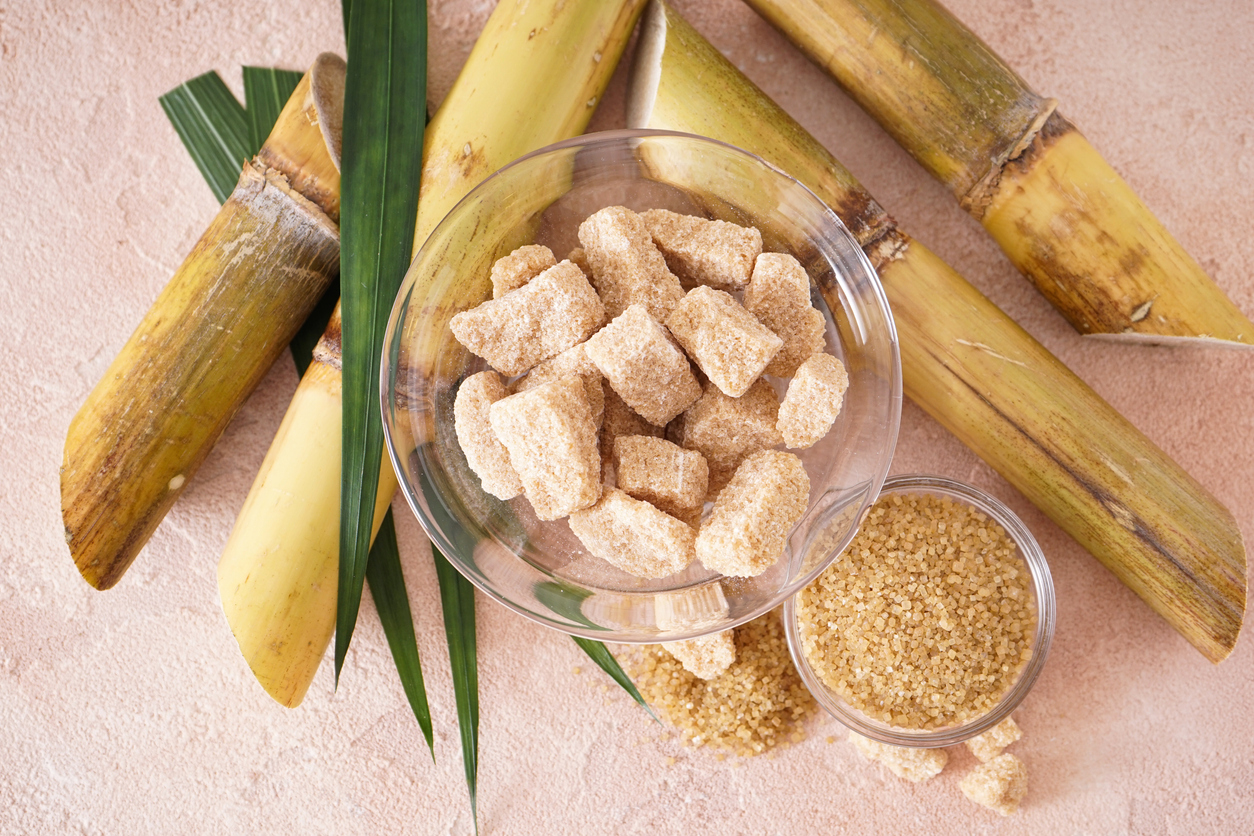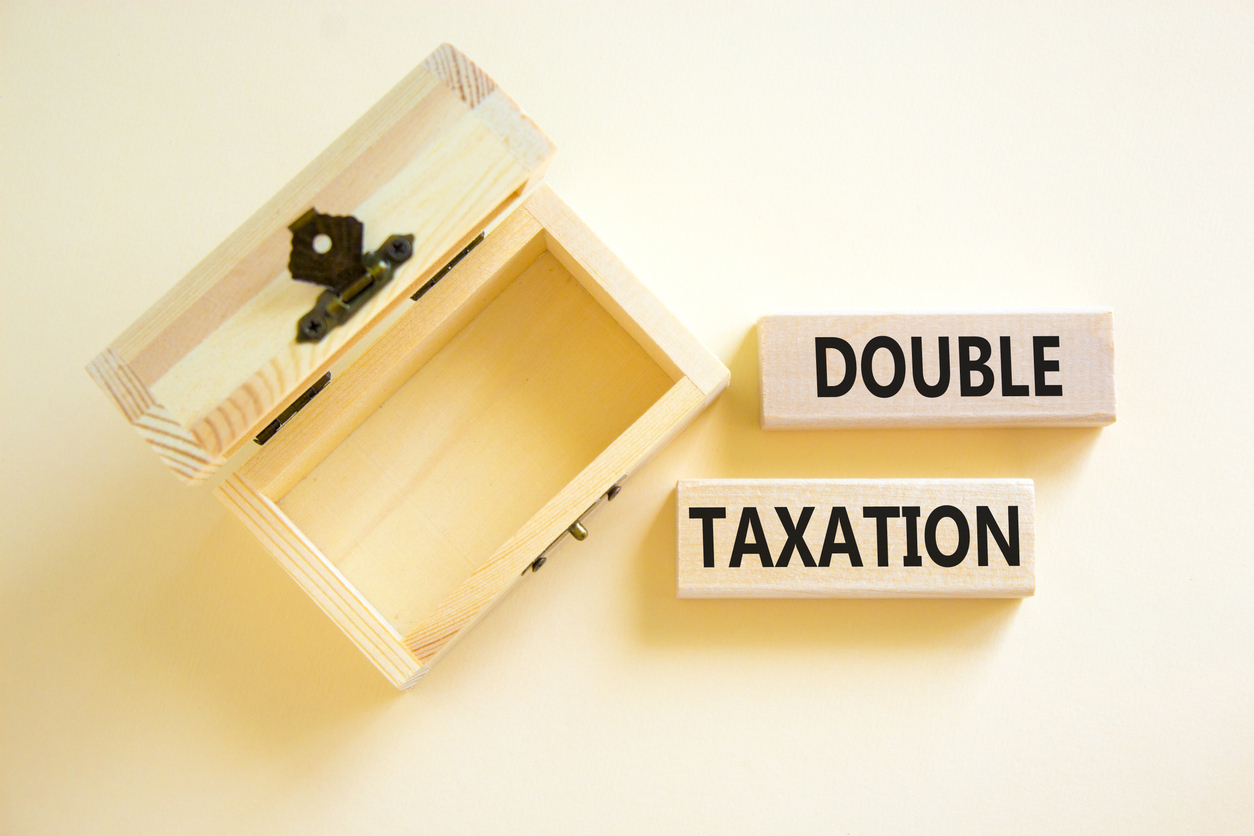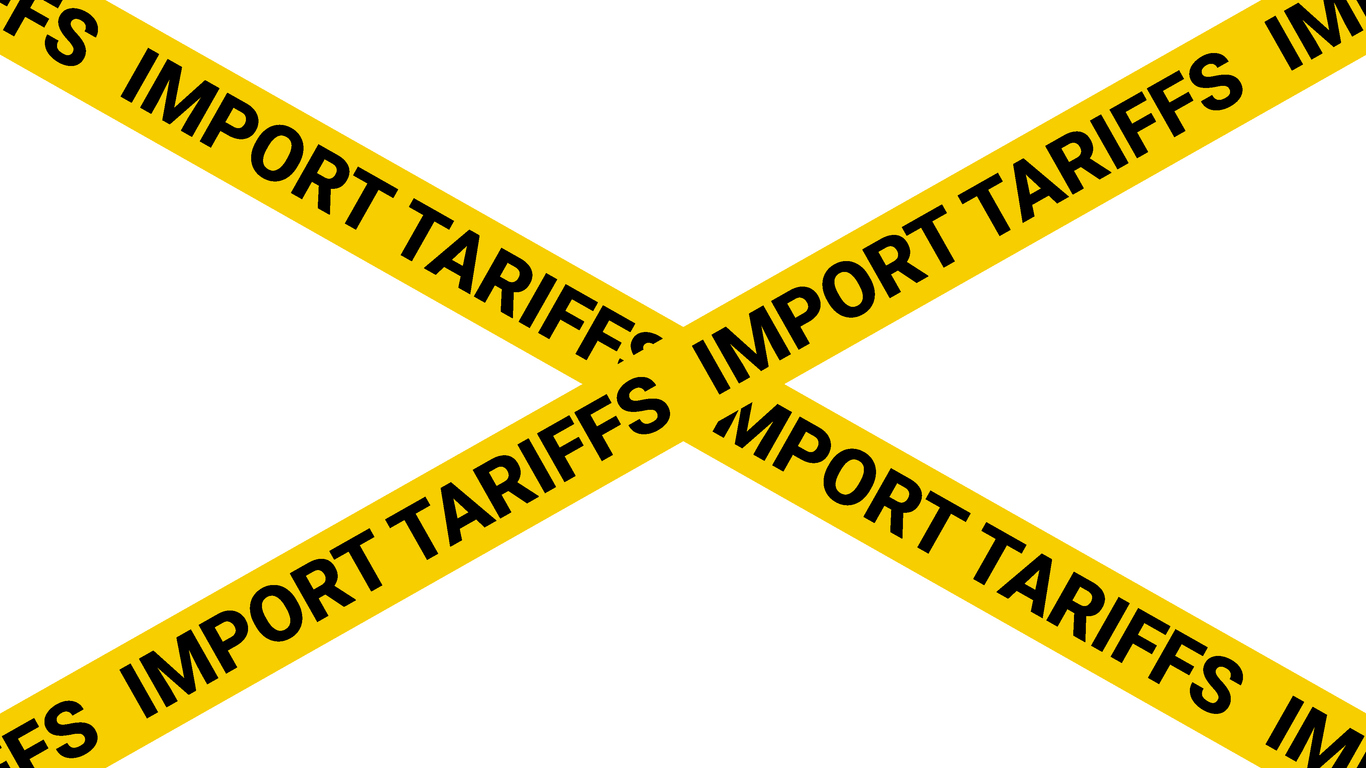From Farm to Table: The Journey of Malawian Raw Sugar with Wigmore Trading
From Farm to Table: The Journey of Malawian Raw Sugar with Wigmore Trading
From the lush sugarcane fields of Malawi to your morning cup of coffee, the journey of raw sugar is a fascinating one. But have you ever wondered about the steps involved in getting that perfect sweetness into your kitchen? Well, get ready to discover an incredible story that will leave you with a newfound appreciation for this precious commodity. In this blog post, we’ll take a closer look at how Wigmore Trading takes on this complex process and ensures that every grain of Malawian raw sugar reaches its destination: your table! So let’s dive in and explore the amazing journey from farm to table together!
Introduction to Wigmore Trading
Wigmore Trading is a raw sugar trading company based in Blantyre, Malawi. The company was established in 2001 and has been involved in the import and export of raw sugar since its inception.
Wigmore Trading sources its sugar from smallholder farmers in Malawi who grow sugarcane on about 3 hectares of land. The company has a team of field officers who work with the farmers to ensure that they are using good agricultural practices and producing quality sugarcane.
Once the sugarcane is harvested, it is transported to Wigmore Trading’s mill where it is crushed and the juice extracted. The juice is then clarified and decolourised before being evaporated to form raw sugar. The raw sugar is then stored in silos before being shipped out of Malawi.
Wigmore Trading exports its raw sugar to buyers in Europe, Asia and Africa. The company has a long-term contract with Tate & Lyle Sugars, one of the largest sugar refiners in the world, to supply them with 30% of their annual raw sugar needs.
The Growing of Raw Sugar in Malawi
Raw sugar is grown in many tropical and subtropical countries around the world. Malawi is one of these countries, and it has a long tradition of sugar production. The first sugar mill in Malawi was built in 1891, and the country has been producing sugar ever since.
Today, raw sugar production in Malawi is done on a large scale, with many farmers growing sugarcane and selling it to mills for processing. The process of growing raw sugar is relatively simple: farmers plant sugarcane seeds in their fields, and the plants grow quickly, reaching up to six meters in height. Once the cane is mature, it is harvested and sent to the mill for processing.
At the mill, the cane is crushed and the juice extracted. The juice is then boiled to evaporate the water content, leaving behind a thick syrup known as molasses. The molasses is further refined to produce raw sugar. This sugar is then sold to companies like Wigmore Trading, which ship it all over the world for use in a variety of food products.
From farm to table, raw sugar from Malawi takes a journey that spans thousands of kilometers. But thanks to companies like Wigmore Trading, this sweet treat can be enjoyed by people all over the world.
The Harvesting and Refining Process
Raw sugar cane is harvested by hand and transported to the mill for processing. The cane is crushed and the juice extracted. The juice is then boiled to remove impurities and crystallize the sugar. The crystals are separated from the liquid and dried to produce raw sugar.
Raw sugar can be refined to produce white sugar. To do this, the raw sugar is dissolved in water and filtered to remove any impurities. The solution is then boiled again to evaporate the water and leave behind the pure sugar crystals.
Packaging and Shipping of Raw Sugar from Malawi to Global Markets
Raw sugar is grown in many tropical countries, but Malawi has some of the best conditions for producing high-quality sugar. The warm climate and rich soil allow the sugarcane to thrive, and the country’s large lakes provide a source of water for irrigation.
Once the sugarcane is harvested, it is transported to a mill for processing. The cane is crushed to extract the juice, which is then boiled to remove impurities. The resulting syrup is poured into moulds and left to cool and harden into raw sugar blocks.
These blocks are then packaged and shipped to refineries around the world, where they are further processed into the refined sugar that we use in our homes and businesses.
Sustainability Practices for the Production of Raw Sugar in Malawi
Wigmore Trading is committed to sustainable practices throughout our supply chain, including the production of raw sugar in Malawi. We work closely with our partners in Malawi to ensure that sugarcane is grown and harvested using sustainable methods that protect the environment and the workers involved.
Sustainable sugarcane production in Malawi starts with good agricultural practices. Cane is typically planted in October and November, and harvesting takes place from February to April. During this time, the fields are kept free of weeds and pests using manual labour and natural methods such as crop rotation.
After harvest, the cane is transported to a mill for processing into raw sugar. The milling process uses water from a nearby river, which is returned to the river after treatment. Any solid waste generated during milling is used as fuel for the boilers or turned into compost.
The raw sugar produced in Malawi is then exported to Wigmore Trading’s refinery in Canada for further processing into refined sugar products. Throughout our supply chain, we are committed to ensuring that sugarcane is grown and processed using sustainable practices that protect the environment and the workers involved.
Benefits of Buying and Exporting Raw Sugar with Wigmore Trading
Raw sugar is an unrefined product made from cane or beet juice that has undergone a process of evaporation and crystallization. It is then sold in granulated form. Wigmore Trading buys and exports raw sugar from Malawi, which is known for its high-quality sugarcane.
The benefits of buying and exporting raw sugar with Wigmore Trading include:
-Access to high-quality sugarcane from Malawi
-A team of experienced professionals who handle all aspects of the buying and exporting process
-Competitive prices
Conclusion
With Wigmore Trading’s commitment to sustainability and traceability, they have successfully demonstrated the importance of understanding where our food comes from. This unique journey of raw sugar from Malawi shows us that when we work together with nature, it is possible to achieve ethical and sustainable production methods while also providing excellent quality products. By celebrating the diverse cultures in Africa and beyond, Wigmore Trading has become a leader in making sure that natural resources are used responsibly for generations to come.








LEAVE A COMMENT
You must be logged in to post a comment.